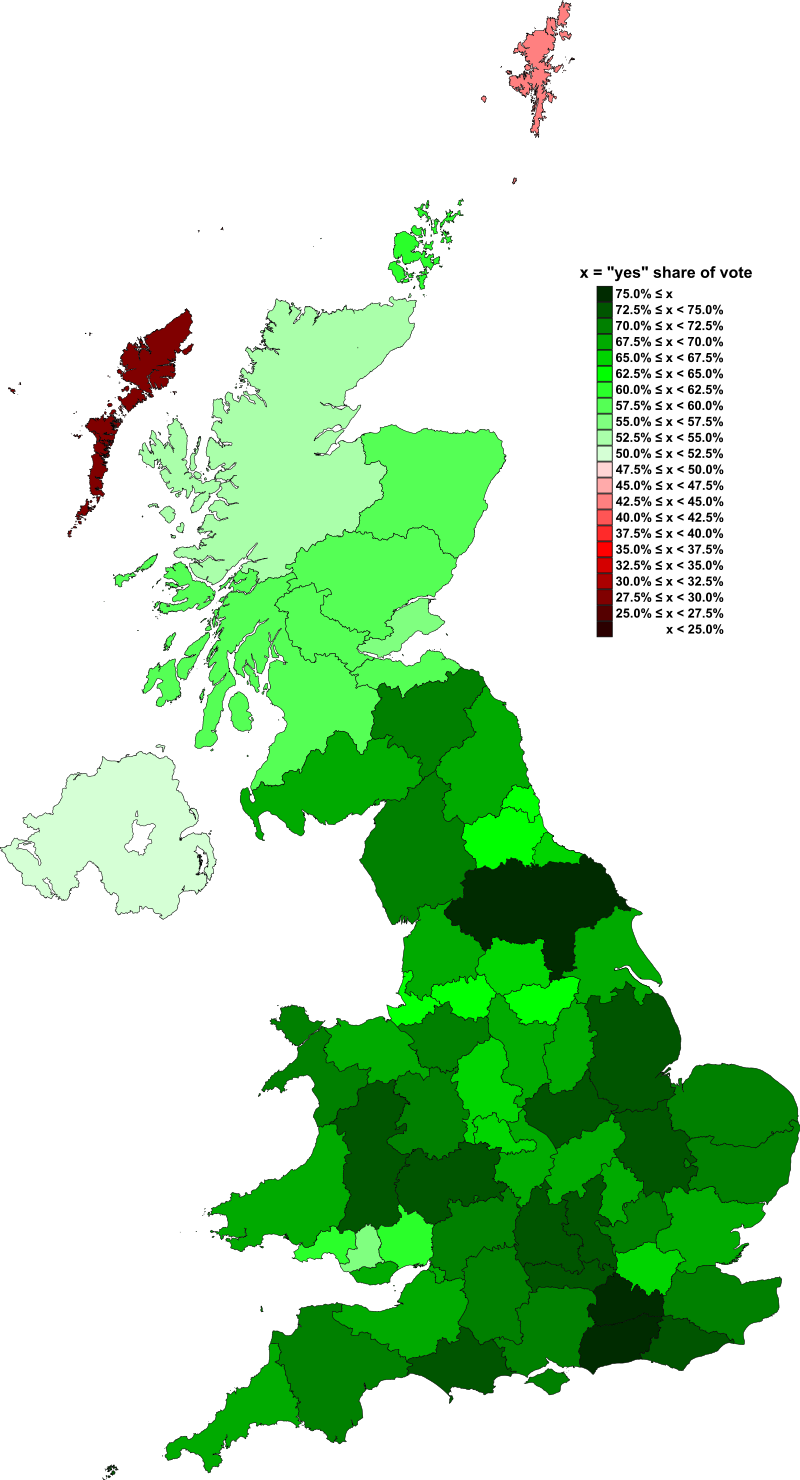sameolds33
Premium Platinum
- Feb 11, 2016
- 6,491
- 4,533
- AFL Club
- Essendon
thanks for posting. Yes, very effective editing. I was in NYC in 2017 after Charlotteville and attended the anti-Trump rally outside Trump Towers. New Yorkers were furious that Trump said there was blame on both sides and refused to condemn the neo-Nazis. No-one denied the alt-right's freedom of speech.Vic Berger is a great editor btw
Former race discrimination commissioner Tim Soutphommasane puts the free speech debate this way "Enjoying free speech does not mean you enjoy freedom from criticism and censure. It certainly doesn't mean that you have a right to be a bigot."
Today in the CT: https://www.canberratimes.com.au/po...blem-are-we-doing-enough-20190318-p5155q.html, "Several respected experts said right-wing extremists in Australia were being emboldened by the tone of mainstream political discussion on issues such as immigration, race and crime. All said that far-right violence was a growing problem."




 I hope anyway
I hope anyway

